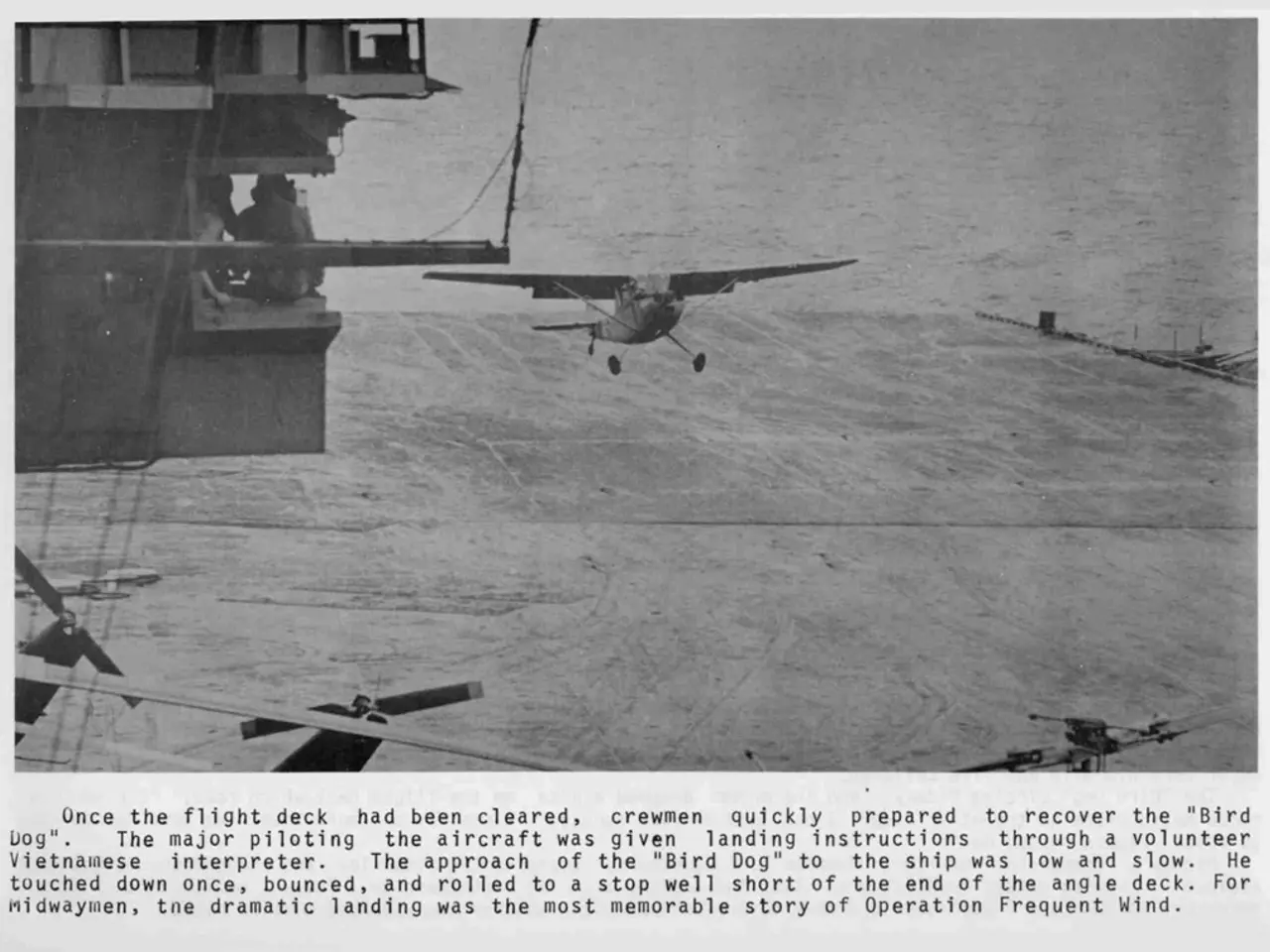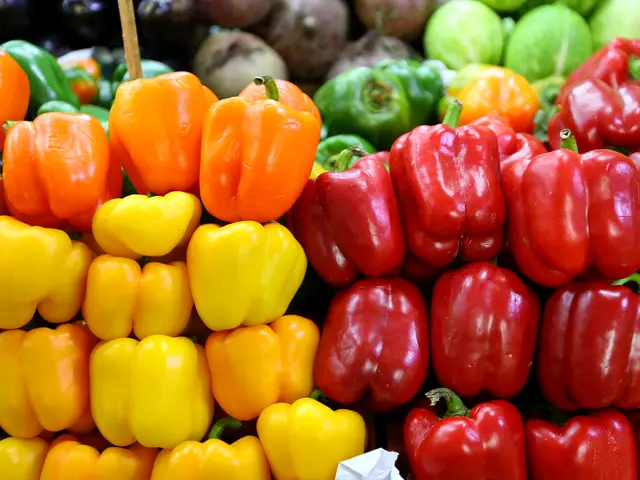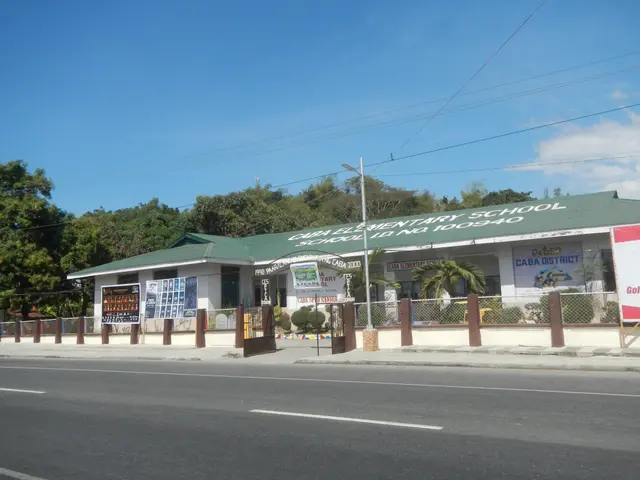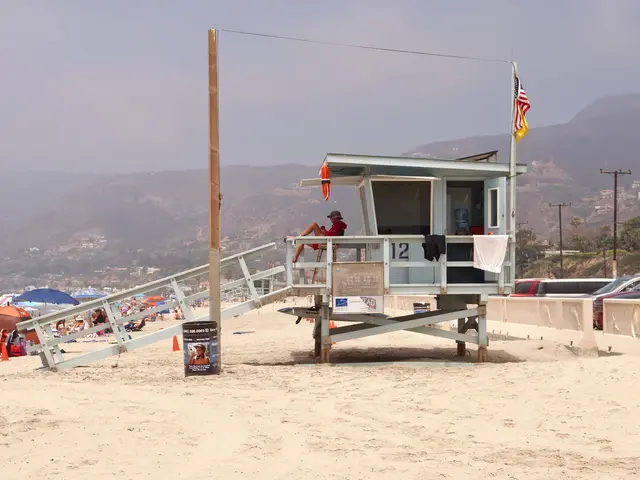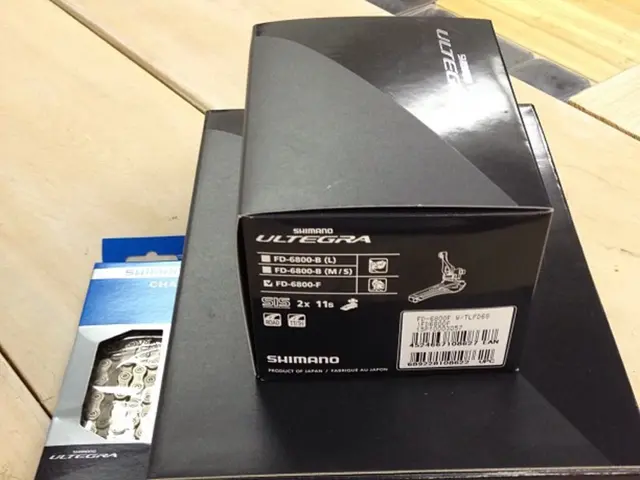Reduced Scope 1 emissions for Airbus through the use of Sustainable Aviation Fuel.
Airbus, a leading aircraft manufacturer, is taking significant strides to reduce its carbon footprint in the aviation sector. The company's strategy revolves around adopting more fuel-efficient aircraft designs and strongly supporting the use of Sustainable Aviation Fuel (SAF).
Key to Airbus's emissions reduction efforts are next-generation aircraft like the A321neo and A330neo. These models are designed for greater fuel efficiency, reducing fuel burn and CO₂ emissions by approximately 20-25% compared to previous versions. This advancement aids airlines in moving towards commitments like the International Air Transport Association’s net-zero carbon emissions target by 2050.
SAF plays a crucial role in Airbus's decarbonization strategy. The company actively supports political and regulatory measures to scale up SAF production and mandate its use. Airbus has publicly backed EU SAF mandates for intra-European and long-haul flights and similar policies in the US and Australia.
The importance of sustainability criteria for SAFs is emphasized to ensure environmental integrity. SAF can reduce carbon intensity by around 5% by 2030 and is critical for long-term decarbonization strategies, given it can be used in current aircraft and infrastructure.
Airbus also endorses programs that accelerate SAF production using innovative, renewable energy-based processes and carbon capture technologies. For instance, the University of Sheffield's initiative aims to boost the availability of cleaner fuels to the aviation industry.
Policy advocacy is another key aspect of Airbus's strategy. The company advocates for incentives such as tax credits (e.g., US SAF blenders tax credit) and opposes restrictive caps that might limit SAF adoption to maximize sustainable fuel use.
Enabling Airbus component assembly lines, Final Assembly Lines, and Customer Delivery Centres with SAF signifies that the Beluga fleet can now use the sustainable jet fuel for more of its routes. ATI (Airbus Transport International) has been running their fleet of Belugas on SAF since 2019 for transporting large components and delivering satellites, military cargo, and humanitarian aid.
After blending, SAF is certified to ASTM D1655 and can be regarded as conventional Jet A1 kerosene. SAF is a blend of kerosene and modified feedstock, such as used cooking oil, sawdust, or municipal solid waste.
Airbus is committed to sustainable aerospace, aiming for a safer and more united world. The company is progressively replacing Conventional Aviation Fuels with SAF uptake at two more facilities, namely Toulouse, France, and Tianjin, China. Operations and logistics at Airbus facilities in these locations are being carried out with SAF.
The use of 100% SAF has been tested on the A350 and the A320 for in-flight emissions testing. SAF can provide on average 80% CO savings over the entire lifecycle when compared to traditional aviation fuel. Airbus aims to reduce its Scope 1 & Scope 2 industrial emissions by up to 63% by 2030 compared to 2015. Airbus targets the neutralization of residual emissions.
Airbus and Volotea have collaborated to fuel a regional jet with a 34 percent 'drop-in' SAF blend, connecting Airbus Hamburg-Finkenwerder Airport and Toulouse-Blagnac Airport. Regulators have approved that conventional "JET A1" can be fully replaced or combined with "drop-in" SAF inside any commercial aircraft fuel tanks.
Local authorities and suppliers have collaborated closely with Airbus teams in Toulouse, France, and Tianjin, China, to enable and grow the availability and use of sustainable jet fuel for internal operations. By the end of this decade, all Airbus manufacturing sites calling on the logistic services of ATI could be supplied with SAF.
This SAF mix has upwards of 80% GHG emissions reduction, making it a significant contribution to Airbus's emissions-reduction roadmap. Airbus is actively promoting and using SAF as a major contributor to its efforts towards a safer and more sustainable future for aviation.
Read also:
- Advantages of Vegetated Rooftops for Sustainable Agriculture in a Changing Climate
- Customizable Sleep System Top Pick: Eco Plus Adjustable Bed
- Improved Sleep Experience: Discover Unmatched Comfort with Leesa Plus Mattresses
- Forestry work takes center stage for firefighters as tree planting challenge kicks off in Fürth
